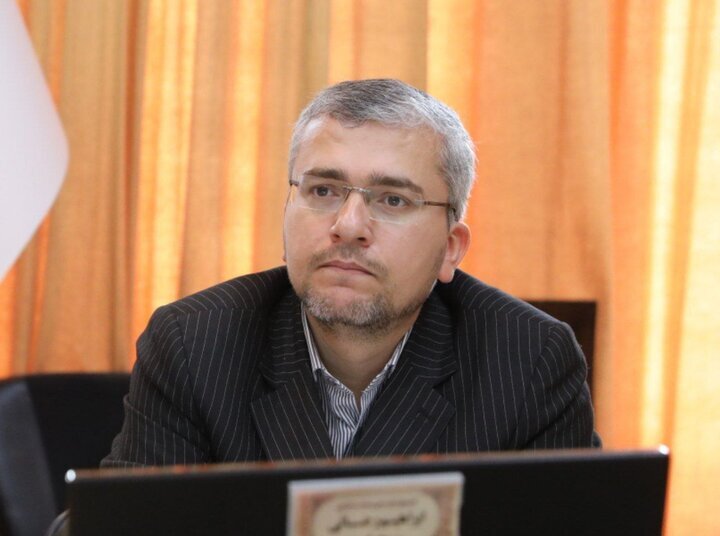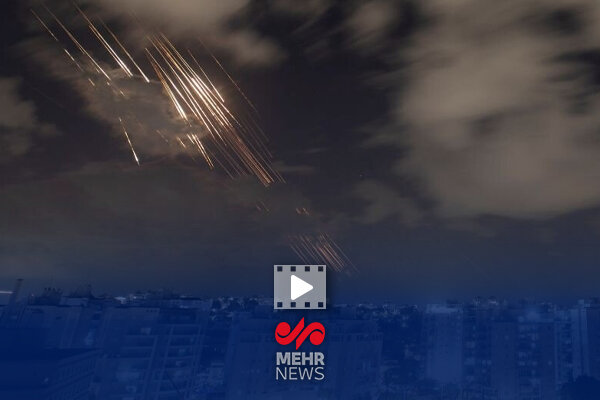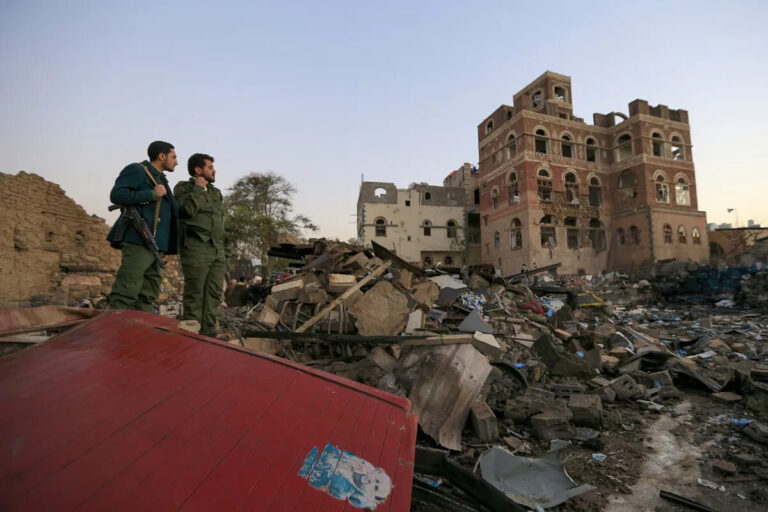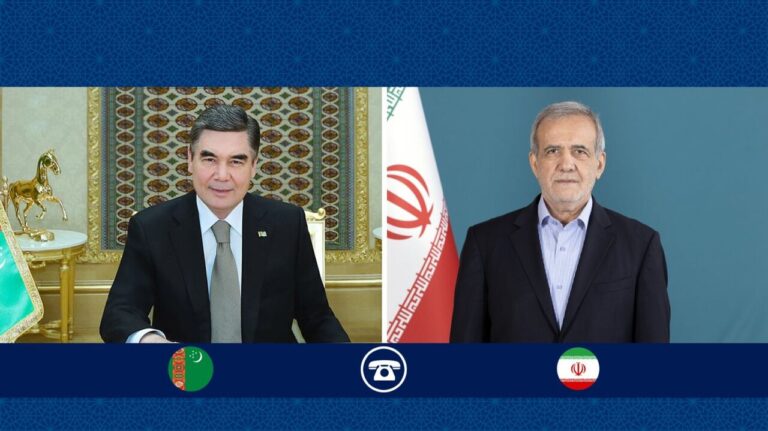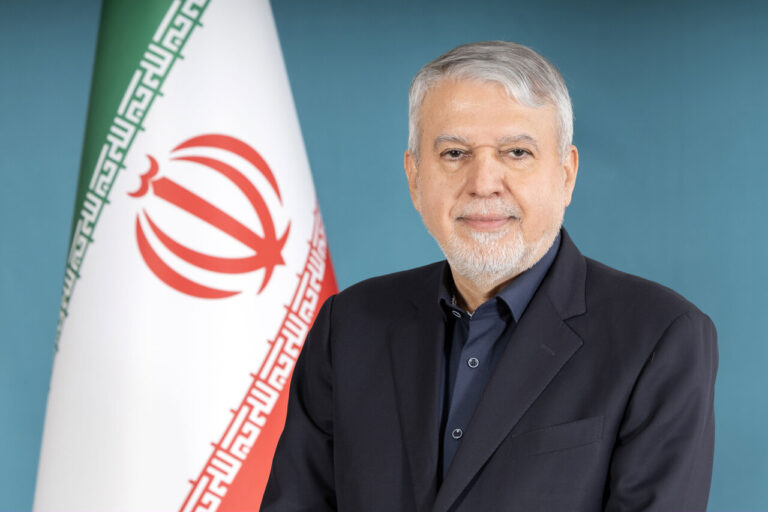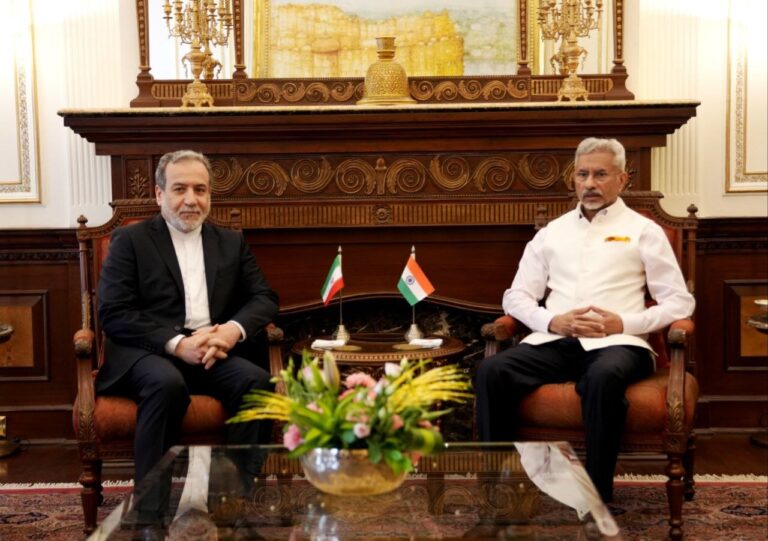Iran’s Stance: No Bilateral Talks with the US, Says MP
In recent discussions within the Iranian Parliament, significant developments regarding Iran’s diplomatic negotiations with Europe have emerged. Ebrahim Rezaei, a prominent lawmaker, addressed the Parliament’s commission on Sunday, providing insights into the ongoing talks with the European troika, which comprises Germany, France, and the UK. These discussions took place in Geneva and are pivotal for Iran’s international relations.
During the session, Rezaei made it clear that Iran is prepared to retaliate against any attacks on its facilities and installations, emphasizing the nation’s commitment to safeguard its sovereignty. This statement underscores the tense atmosphere surrounding the negotiations and the broader geopolitical landscape.
Rezaei also addressed a report from an American media outlet which claimed that Iranian diplomats had requested European intermediaries to communicate messages to the United States. He firmly rejected this assertion, stating that:
- “Iran does not have any bilateral negotiations with the US officials.”
- “The negotiations will be solely within the framework of the P5+1.”
This clarification is crucial as it outlines Iran’s stance on its diplomatic interactions and highlights the importance of multilateral negotiations involving the five permanent members of the UN Security Council plus Germany.
Responding to inquiries about the potential activation of the snapback mechanism, Rezaei stated that should the United Nations make such a request, Iran would also seek to implement Article 10 of the Non-Proliferation Treaty (NPT). This treaty serves as a cornerstone for international nuclear non-proliferation efforts and demonstrates Iran’s commitment to its obligations under international law.
During the session, it was emphasized that Iran will not accept any preconditions in the upcoming negotiations. Rezaei highlighted this point, reinforcing Iran’s position as it navigates complex diplomatic waters. The insistence on a precondition-free dialogue is pivotal for establishing a constructive atmosphere for negotiations.
Key points from the parliamentary session include:
- Iran’s readiness to retaliate: The lawmaker reiterated that any attack on Iranian installations would be met with a robust response.
- Denial of bilateral talks with the US: Rezaei stressed that Iran’s discussions are confined to the P5+1 framework, dismissing any claims of direct negotiations with US officials.
- Potential activation of the snapback mechanism: Iran is prepared to request the implementation of Article 10 of the NPT if the snapback is triggered by the UN.
- No acceptance of preconditions: The session underscored Iran’s firm stance against any preconditions for negotiations.
As the diplomatic landscape evolves, Iran’s firm position may shape the future of its relations with Western nations. The emphasis on multilateral negotiations and the rejection of unilateral demands reflect a strategic approach aimed at maintaining national integrity while engaging in international dialogue.
These developments come at a time when global attention is focused on Iran’s nuclear program and its implications for regional and international security. The outcome of these negotiations could have significant repercussions not only for Iran but also for global diplomatic relations and nuclear non-proliferation efforts.
In conclusion, the recent parliamentary session highlights Iran’s steadfastness in its diplomatic negotiations and its unwillingness to compromise on fundamental principles. As the discussions with the European troika continue, the world watches closely, aware that the stakes are high and the implications far-reaching.
As we move forward, it will be essential to monitor how these negotiations unfold and the role that international dynamics play in shaping Iran’s diplomatic strategies.
